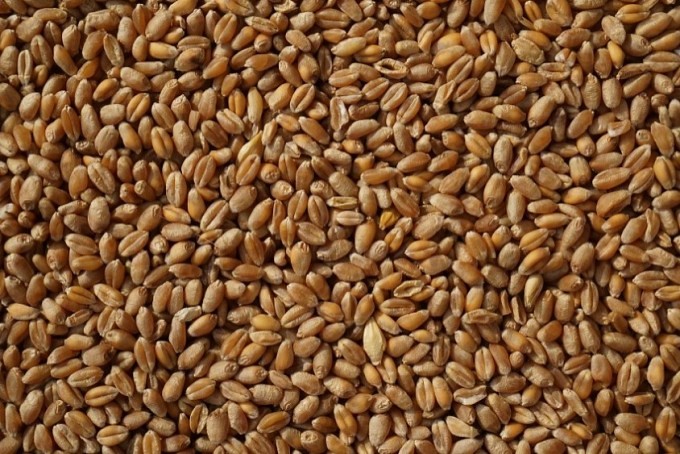
The Ministry of Agriculture of Kazakhstan has submitted for discussion the draft Rules for the payment of subsidies to reduce the cost of wheat exports. It is planned to allocate 40 billion tenge from the national budget for these purposes, which will subsidize the export of 2 million tons of grain.
This is the second public discussion of these rules. This time, the draft stipulates that, in addition to supporting exporting companies, the expenses of the national company in the agricultural sector when exporting grain will also be subsidized. Depending on the export direction, the subsidy standard for transportation costs will be 20 thousand or 30 thousand tenge per ton.
The payment of subsidies is expected for the transportation of grain in the following directions:
in transit through the territory of the Russian Federation in the direction of the ports of the Azov, Black and Baltic Seas - 20 thousand tenge per ton;
in transit through the territory of the Russian Federation, Latvia, Lithuania and Estonia in the direction of the ports of the Baltic Sea - 30 thousand tenge per ton;
in transit through the territory of the Russian Federation with a destination in Latvia, Lithuania and Estonia - 20 thousand tenge per ton;
in transit through the territory of Azerbaijan and Georgia in the direction of the Black Sea ports - 30 thousand tenge per ton;
- in transit through the territory of Turkmenistan with a destination in Afghanistan - 20 thousand tenge per ton;
- in transit through Turkmenistan with a destination in Iran - 20 thousand tenge per ton;
- in transit through the territory of the PRC in the direction of the countries of Southeast Asia - 30 thousand tenge per ton;
- to Azerbaijan, Georgia and Armenia - 20 thousand tenge per ton.
- The terms of subsidies for the Food Corporation are separately stipulated. In addition to the above-mentioned directions, subsidies in the amount of 20 thousand tenge per ton will be allocated for the export of wheat to Tajikistan, Turkmenistan, Uzbekistan and China.
During the discussion, traders drew attention to the fact that this puts them at a disadvantage with the Food Corporation when supplying grain to the markets of Central Asia. In addition, if wheat exports to Central Asia are subsidized, the interests of Kazakhstani millers will suffer - their products will not be able to compete with the flour of their own production in these countries, which will be able to receive cheaper raw materials (wheat) from Kazakhstan for their mills.
Discussions will continue until February 16.
The rules will affect the transportation of grain from January 1 to September 1, 2025, that is, until the start of the mass harvest of the next crop.
As the Ministry of Agriculture notes, support is being introduced to avoid overstocking the domestic market, to free up elevator capacity and remove surplus grain from the market.